Activists stage 'die-in' on anniversary of Pulse shooting, protesting gun violence

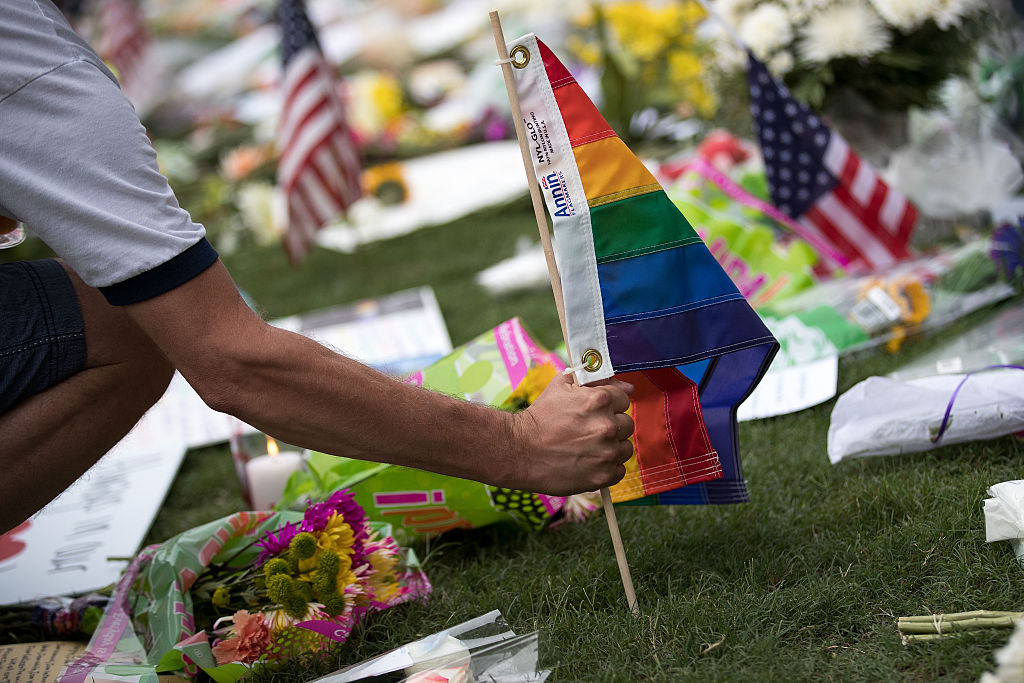
A free daily email with the biggest news stories of the day – and the best features from TheWeek.com
You are now subscribed
Your newsletter sign-up was successful
Protesters staged a "die-in" in Washington on Tuesday to commemorate the second anniversary of the mass shooting at Pulse nightclub in Orlando, Florida. The demonstration was a call for legislation to prevent gun violence, The Hill reports.
The demonstration was led by an activist group that stages "die-ins" to call attention to deadly violence and protest the "lethal legislative inaction" that allows it to continue. Protesters at the die-in on the National Mall in Washington, D.C., laid on the ground for 12 minutes, or 720 seconds, to represent the number of victims who have died in mass shootings in the last two years, since a gunman killed 49 people at Pulse on June 12, 2016. Other demonstrators staged die-ins around the country, including outside President Trump's Mar-a-Lago resort in Palm Beach, Florida.
"I'm here for Pulse, I'm here for Stoneman Douglas, I'm here for every single mass shooting since, and every single mass shooting that is going to continue until we do something," said Matt Deitsch, a survivor of the shooting at Marjory Stoneman Douglas High School in Parkland, Florida.
The Week
Escape your echo chamber. Get the facts behind the news, plus analysis from multiple perspectives.

Sign up for The Week's Free Newsletters
From our morning news briefing to a weekly Good News Newsletter, get the best of The Week delivered directly to your inbox.
From our morning news briefing to a weekly Good News Newsletter, get the best of The Week delivered directly to your inbox.
Deitsch and other activists, including other Parkland survivors who co-founded the March For Our Lives movement, have begun using die-ins to advocate for gun control and legislation like universal background checks. "If [lawmakers] can sell themselves out with constituents dying, that's pretty sad and they're cowards," said Nurah Abdulhaqq, a founder of the National Die-In movement. Read more at The Hill.
A free daily email with the biggest news stories of the day – and the best features from TheWeek.com
Summer Meza has worked at The Week since 2018, serving as a staff writer, a news writer and currently the deputy editor. As a proud news generalist, she edits everything from political punditry and science news to personal finance advice and film reviews. Summer has previously written for Newsweek and the Seattle Post-Intelligencer, covering national politics, transportation and the cannabis industry.
-
 How the FCC’s ‘equal time’ rule works
How the FCC’s ‘equal time’ rule worksIn the Spotlight The law is at the heart of the Colbert-CBS conflict
-
 What is the endgame in the DHS shutdown?
What is the endgame in the DHS shutdown?Today’s Big Question Democrats want to rein in ICE’s immigration crackdown
-
 ‘Poor time management isn’t just an inconvenience’
‘Poor time management isn’t just an inconvenience’Instant Opinion Opinion, comment and editorials of the day
-
 Maxwell pleads 5th, offers Epstein answers for pardon
Maxwell pleads 5th, offers Epstein answers for pardonSpeed Read She offered to talk only if she first received a pardon from President Donald Trump
-
 Hong Kong jails democracy advocate Jimmy Lai
Hong Kong jails democracy advocate Jimmy LaiSpeed Read The former media tycoon was sentenced to 20 years in prison
-
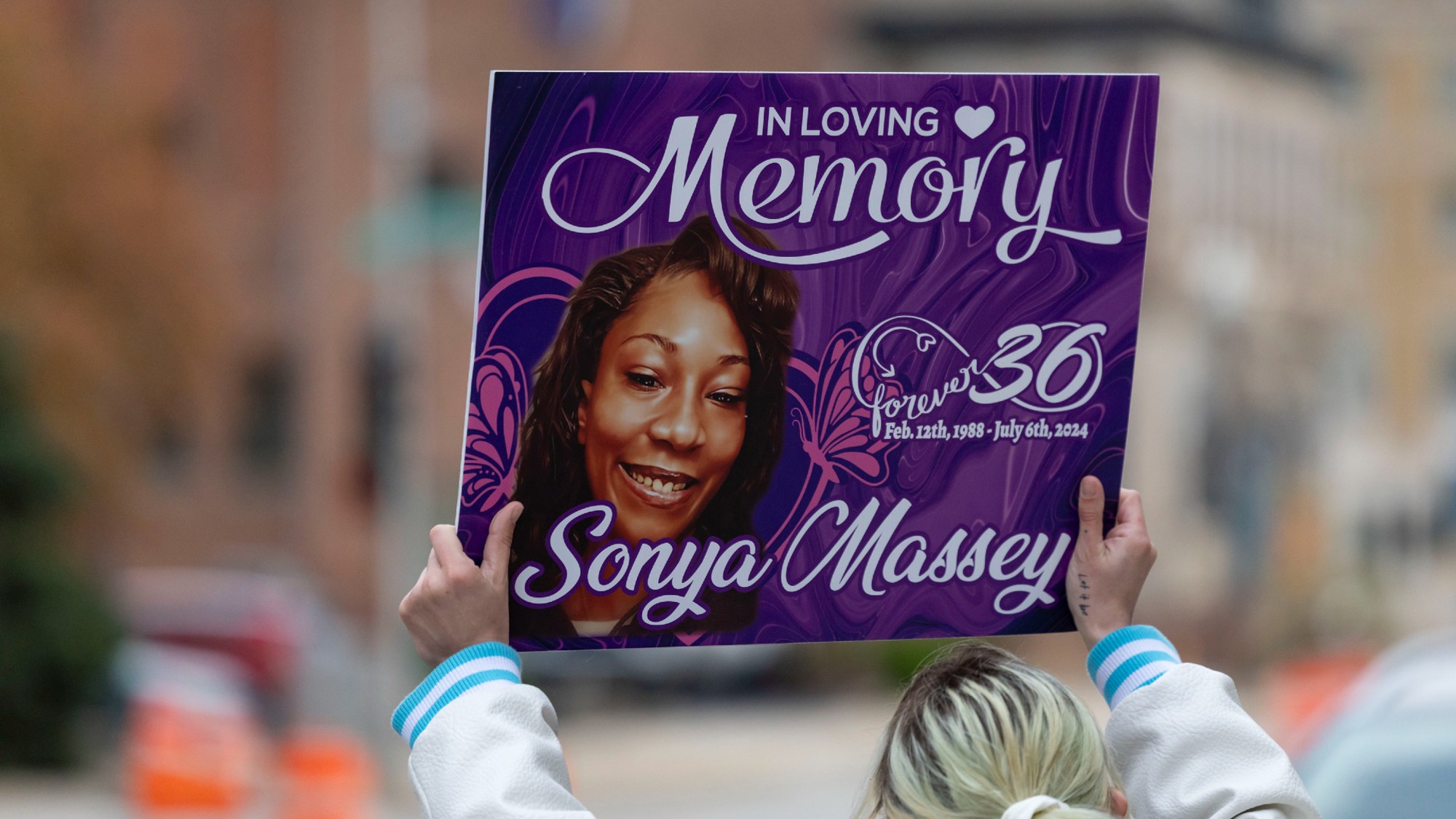 Ex-Illinois deputy gets 20 years for Massey murder
Ex-Illinois deputy gets 20 years for Massey murderSpeed Read Sean Grayson was sentenced for the 2024 killing of Sonya Massey
-
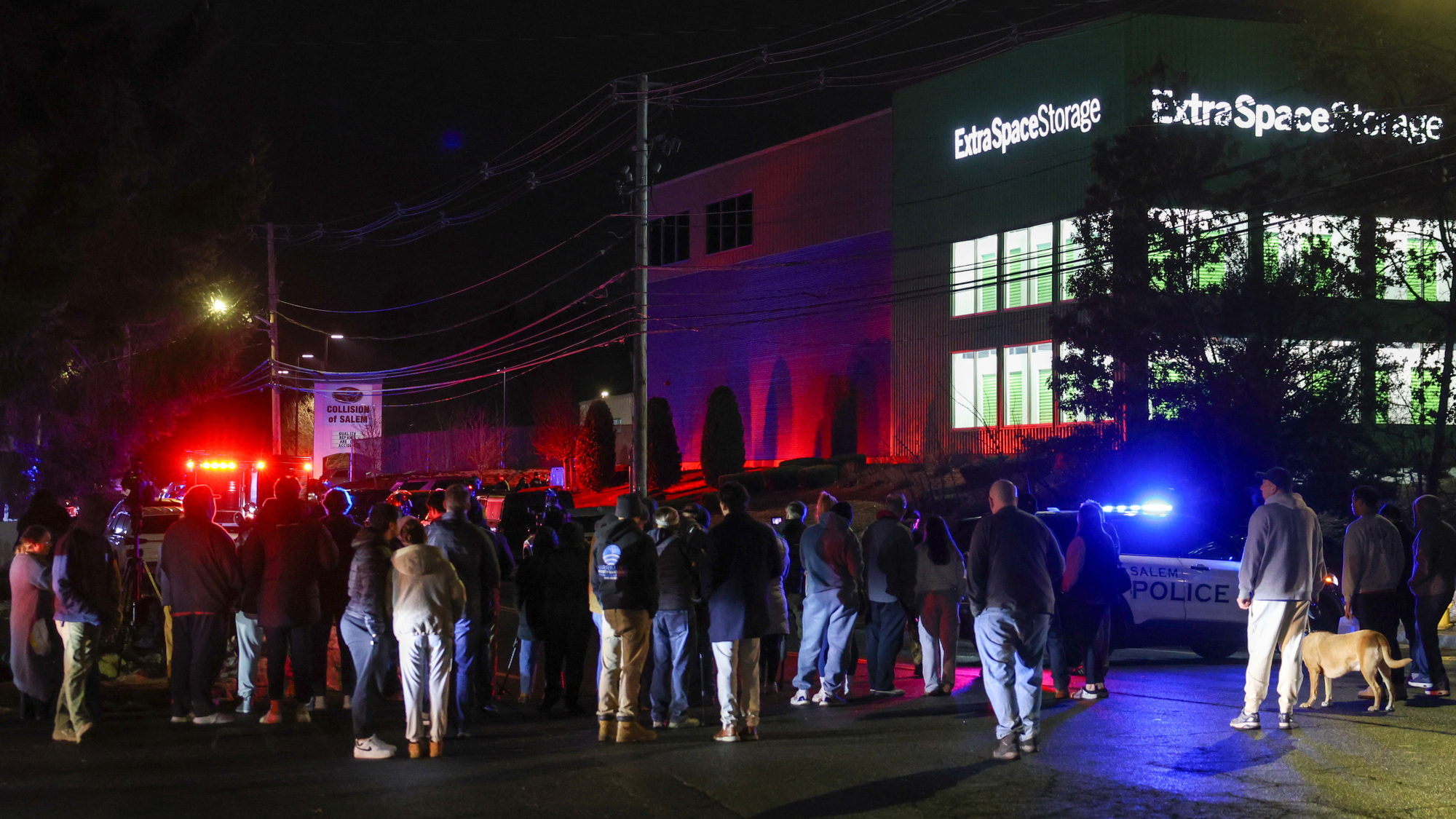 Sole suspect in Brown, MIT shootings found dead
Sole suspect in Brown, MIT shootings found deadSpeed Read The mass shooting suspect, a former Brown grad student, died of self-inflicted gunshot wounds
-
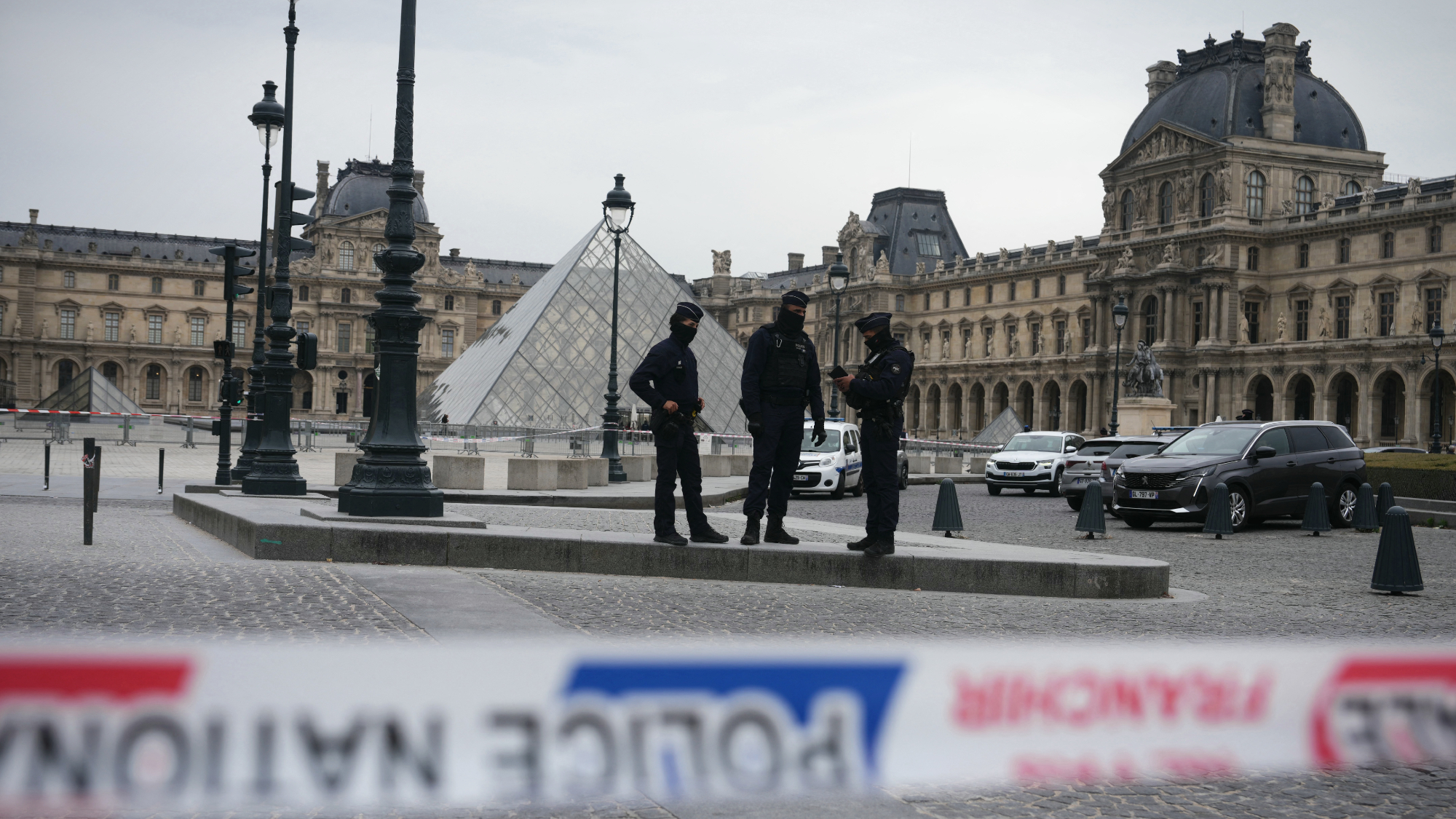 France makes first arrests in Louvre jewels heist
France makes first arrests in Louvre jewels heistSpeed Read Two suspects were arrested in connection with the daytime theft of royal jewels from the museum
-
 Trump pardons crypto titan who enriched family
Trump pardons crypto titan who enriched familySpeed Read Binance founder Changpeng Zhao pleaded guilty in 2023 to enabling money laundering while CEO of the cryptocurrency exchange
-
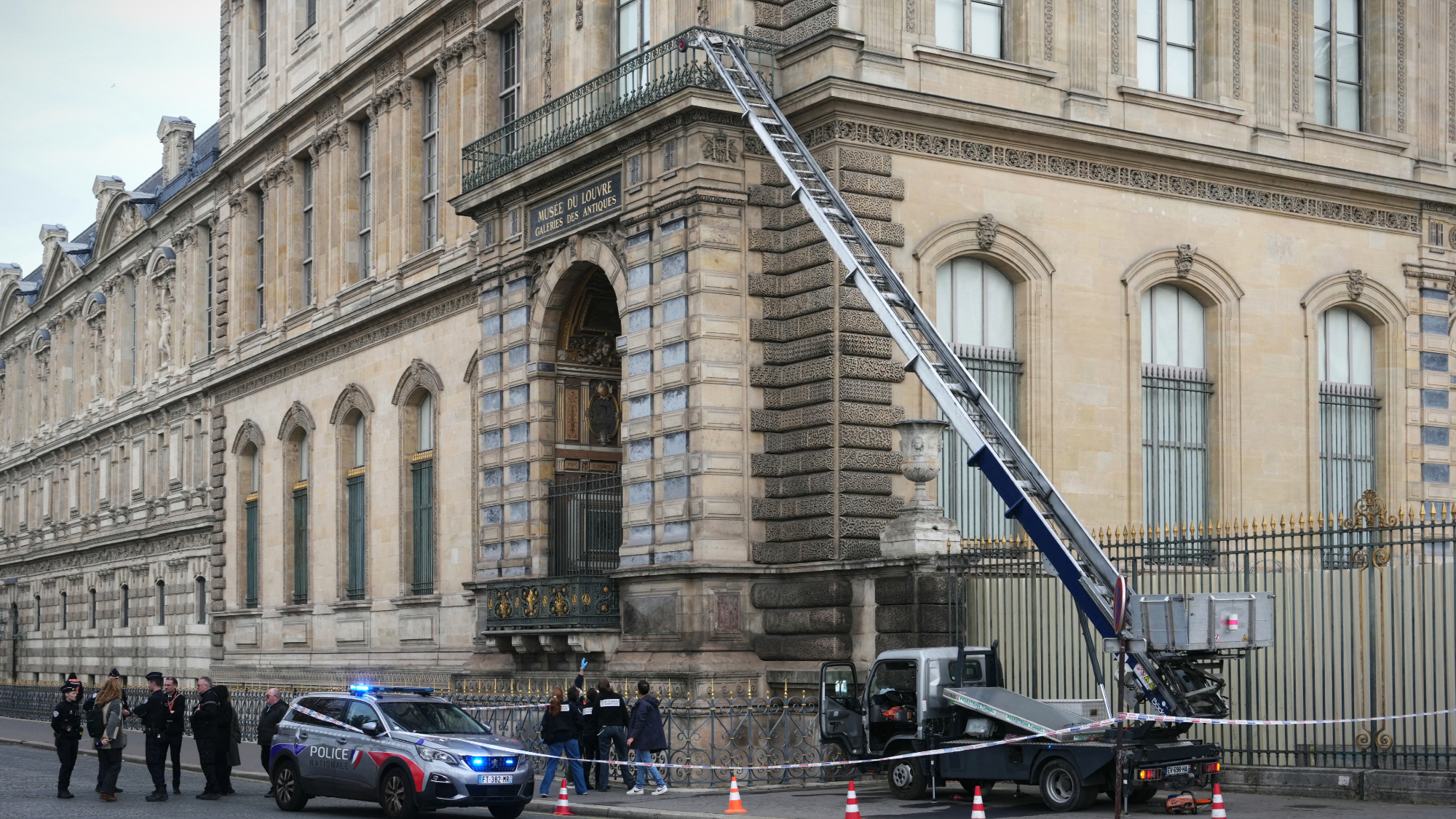 Thieves nab French crown jewels from Louvre
Thieves nab French crown jewels from LouvreSpeed Read A gang of thieves stole 19th century royal jewels from the Paris museum’s Galerie d’Apollon
-
 Arsonist who attacked Shapiro gets 25-50 years
Arsonist who attacked Shapiro gets 25-50 yearsSpeed Read Cody Balmer broke into the Pennsylvania governor’s mansion and tried to burn it down
